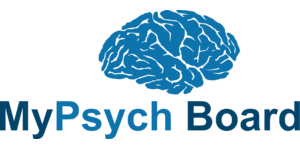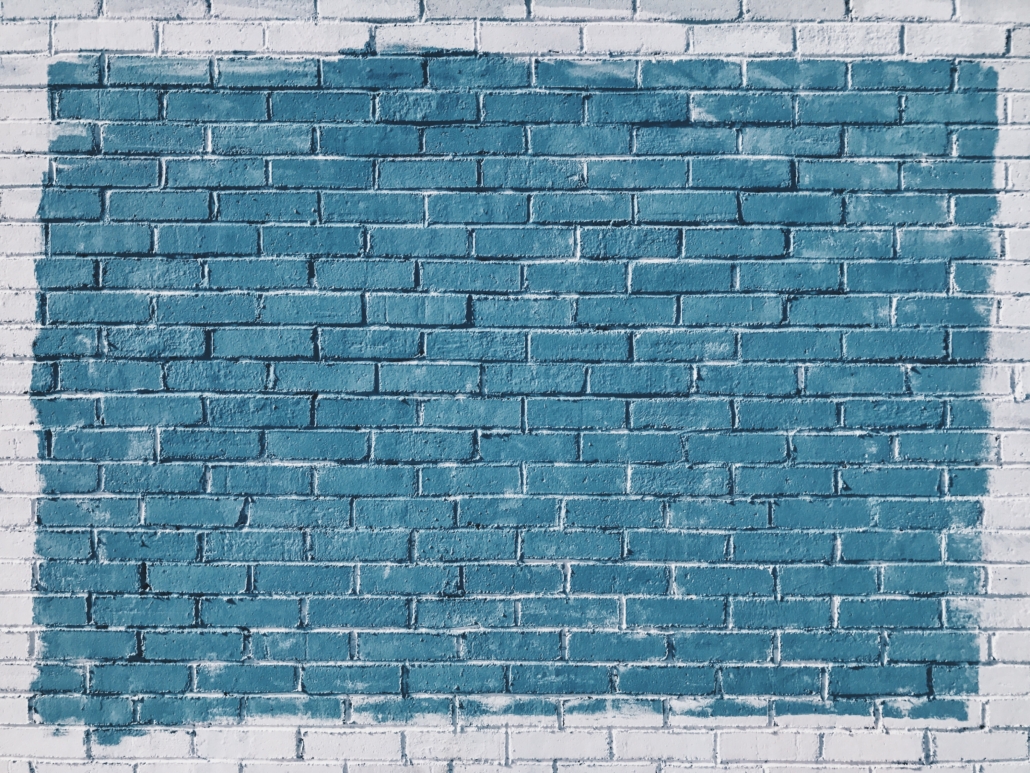New Year, New Opportunities!

A new year is here, ripe with new opportunities to seize! While it’s true that resolutions have little impact on our yearly productivity (see our blog here about that exact topic), there’s no harm in taking a full inventory of what you want to get accomplished this year.
There’s a sense of possibility during the first month of a new year. A worthwhile activity is to write out a roadmap of what you want to do in the next 12 months, then break down those goals into smaller steps. Ask yourself what it would take to achieve those steps, and make yourself a detailed “how-to” list to get it done.
Writing out our goals, as well as our stresses, has a therapeutic impact on our well-being. While you’re making your roadmap of amazing goals you want to hit, make another list of everything causing you stress and discomfort right now. Then ask yourself, what would it take to remove or alleviate the stress this issue is causing? Write it out. Soon you’ll have a “how-to” list of not only how to achieve your goals and increase your sense of success, but also how to mitigate your current stresses (or at least feel a little more in control by naming them out on paper).
These types of practices tend to get put by the wayside after the novelty of the new year wears off. It’s well worth your time to check in often with yourself to see how you’re progressing toward your goals. Movement can’t happen unless you start the motion!
Is your goal this year to become board certified or pass a looming exam? Maybe you need to apply for observerships to clock in your residential observer hours. Or maybe you want to get better at studying and prepping for exams you know you have to take regularly (PRITE, anyone?) If any of those are the case, we can help!
Contact us with any questions you have, or to inquire about our tailored tutoring packages! Another step you can take is check out our Question Banks, useful for test prepping, study enhancing, and confidence boosting! The new year is here for the taking, so let’s start it together!









